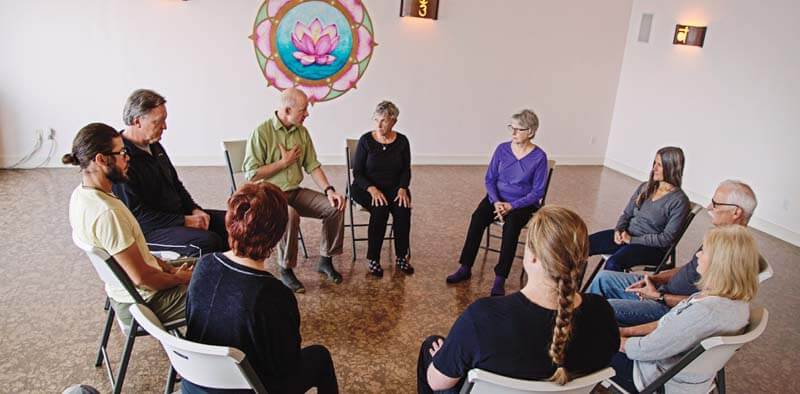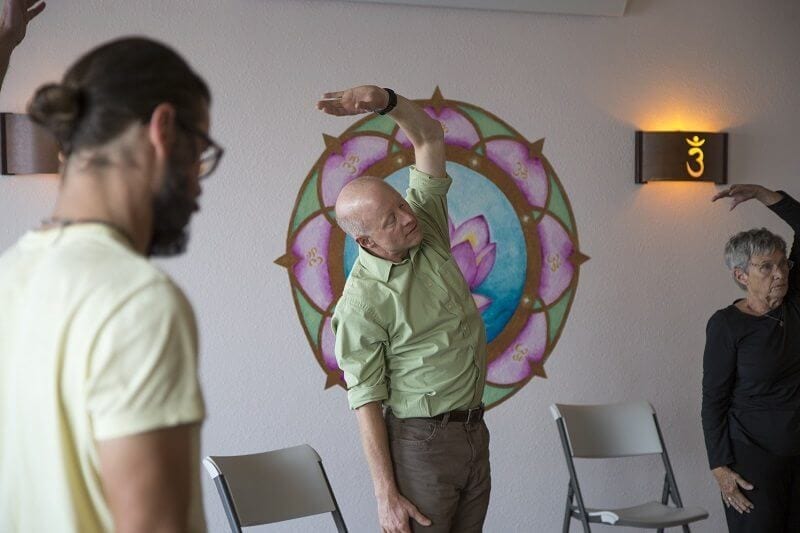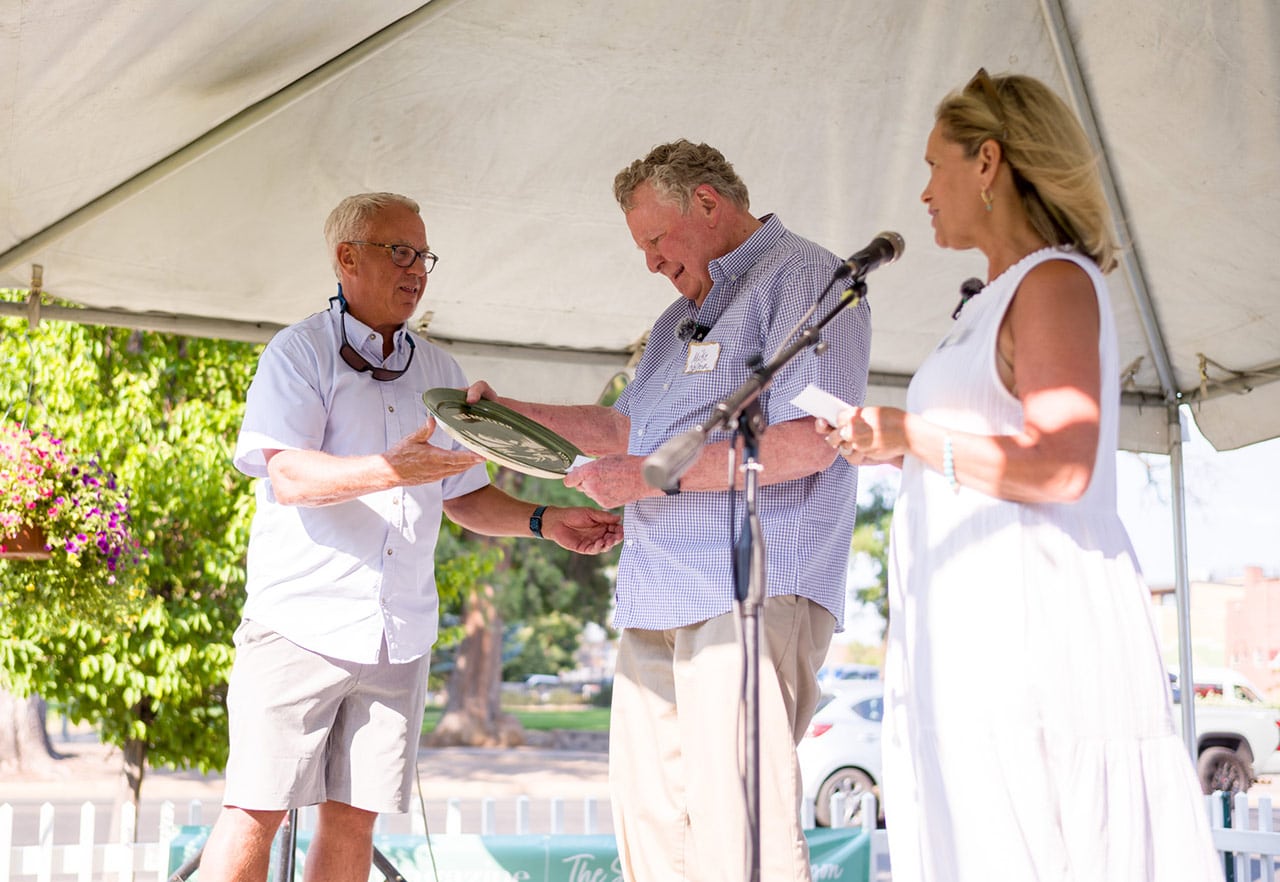
Learn to cultivate energy—or Qi—for whole-body wellness
BY HEATHER CLARK
I’m a typical Bendite. I run, bike or ski most days of the week and maintain a balanced diet, eschewing processed foods and sugar. A model of health, right?
If you look at my blood pressure, yes. By other less quantifiable standards, like possessing a quiet mind or being present in the moment, I struggle.
Turns out, a critical component to achieving the complete wellness picture is often missing from the diet of even the most health-conscious individuals. And, for those of us who are in constant pursuit of the next task, who struggle with anxiety or who spend most hours a day in front of a screen, mindfulness can be the most challenging element of health to adopt. But thankfully, just like riding a bike, regular practice can make a big difference.
One of the world’s oldest mindfulness—or meditative—practices is Qigong (pronounced chee-kung). An ancient Chinese form of meditation and healing, Qigong translates to cultivation of energy. And this practice of energy cultivation—in the same family of energy movement as acupuncture and taichi—is believed to have numerous health benefits for both the body and the mind.
“We have immense technology in our lives, and screens in front of us all day,” explained Kellie. Chambers, an acupuncturist and Qigong instructor at Hawthorn Healing Arts Center in Bend. “Your mind is always on tasks. And in our culture, our identity— in terms of how good we are—often revolves around productivity.”
And learning to turn off the ever-present to-do list of the mind—which, by the way, can be accompanied by an unhealthy dose of judgement and negative self-talk—is critical to finding gratitude, discovering the healing powers of energy and to setting intention.
“It’s like training a muscle,” said Chambers. “You have to do it repetitively to actually see results.”
Passed down by Chinese families over generations, Qigong is made up of thousands of different forms, ensuring that no two classes or instructors will be exactly alike. Mark Montgomery’s Qigong classes at Bend Community Healing focus on posture, breath and intention as he leads students to gain deeper
understanding of the energy that he said flows through each of us.
Harnessing this energy makes life more meaningful and more effective, said Montgomery, a certified acupuncture practitioner who has studied Qigong in the U.S. and China for twenty years. “You learn how to relax and be very focused, which makes us better at whatever we’re doing in work, play, or in our relationships.”
Although many are introduced to Qigong as a method to recover from an injury or illness—St. Charles hospital, for example, offers a Qigong class for cancer survivors. Instructors there insist the ancient practice has other far-reaching benefits, such as mitigating the effects of menopause, slowing the aging process or improving athletic performance.
Montgomery said that those who attend his classes are typically striving for a higher level of wellness.
“It’s a pretty powerful addiction,” Montgomery said of practicing Qigong. “They start it for recovery from an injury and it just boosts the enjoyment of all aspects of their lives.”

QIGONG VERSUS ACUPUNCTURE
“Acupuncture is like giving them fish. Qigong is teaching them how to fish.”
— Mark Montgomery, licensed acupuncturist and co-owner of Bend Community Healing
A self-healing practice with its roots in prehistoric China, Qigong is a moving meditation and mind-body wellness practice that combines movement, posture, breathing and awareness. It is considered acupuncture without needles.
Like acupuncture, which also works to generate and balance the body’s own energy for healing, Qigong has multiple benefits, including stress reduction, illness prevention and healthy aging.
Though highly complementary therapies, the primary difference between the two is self-initiation. In acupuncture, the flow of energy is initiated by the practitioner, while the emphasis in Qigong is cultivation of one’s own energy for self-healing.
Source: Qigong Institute







